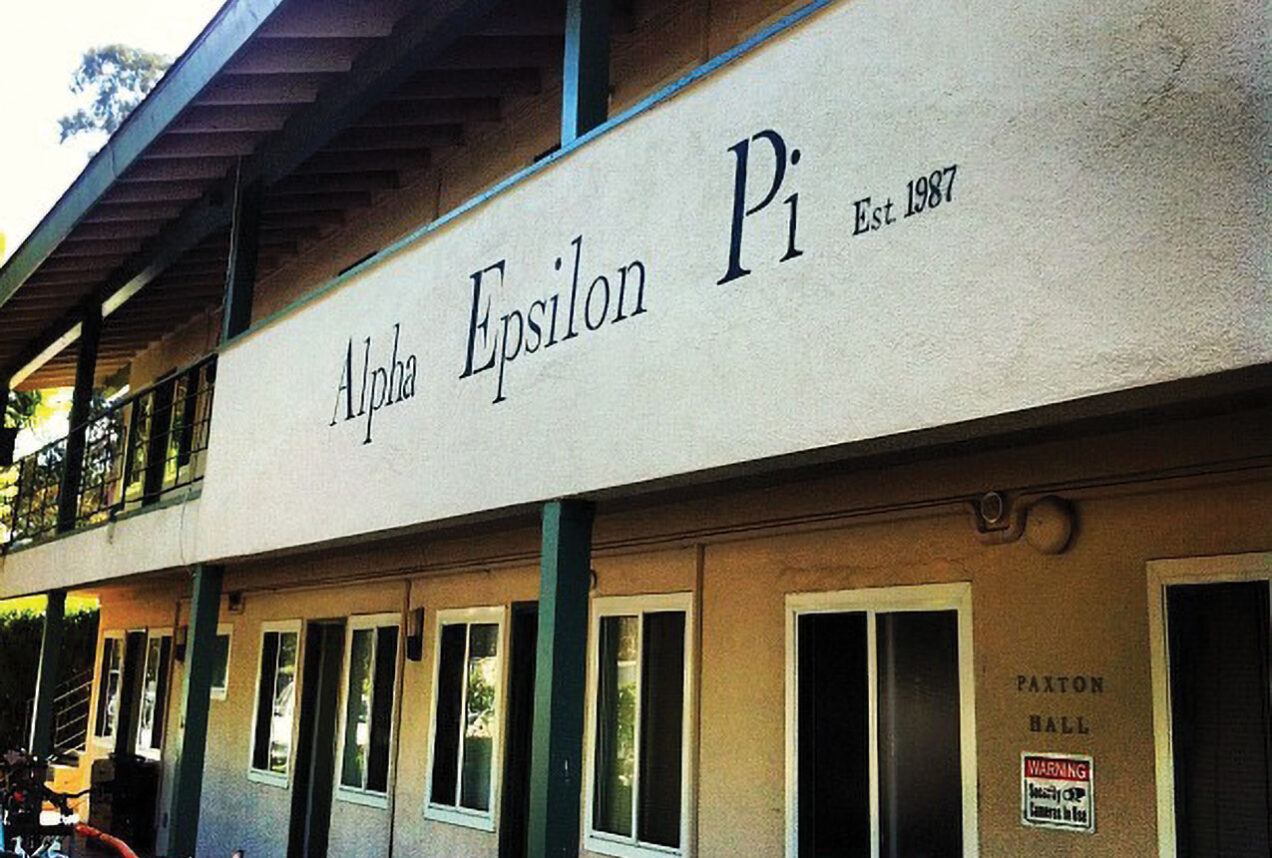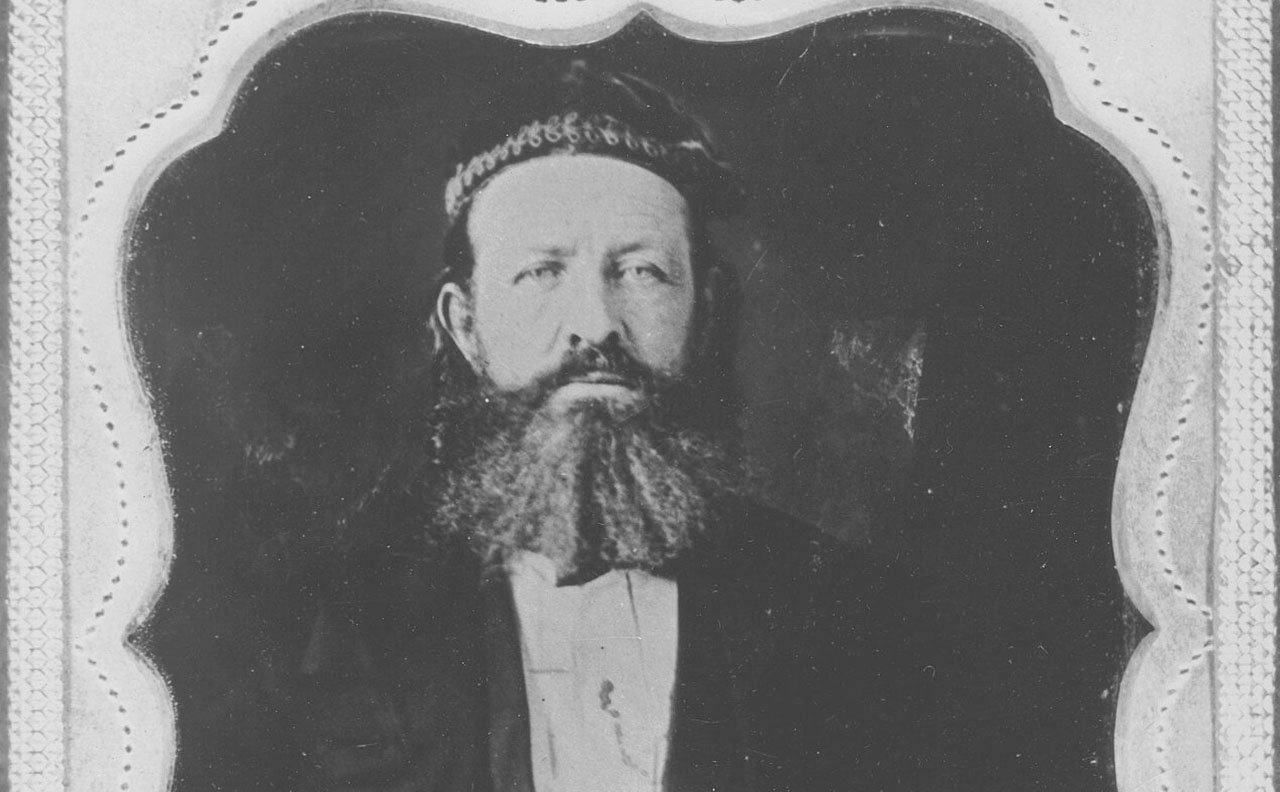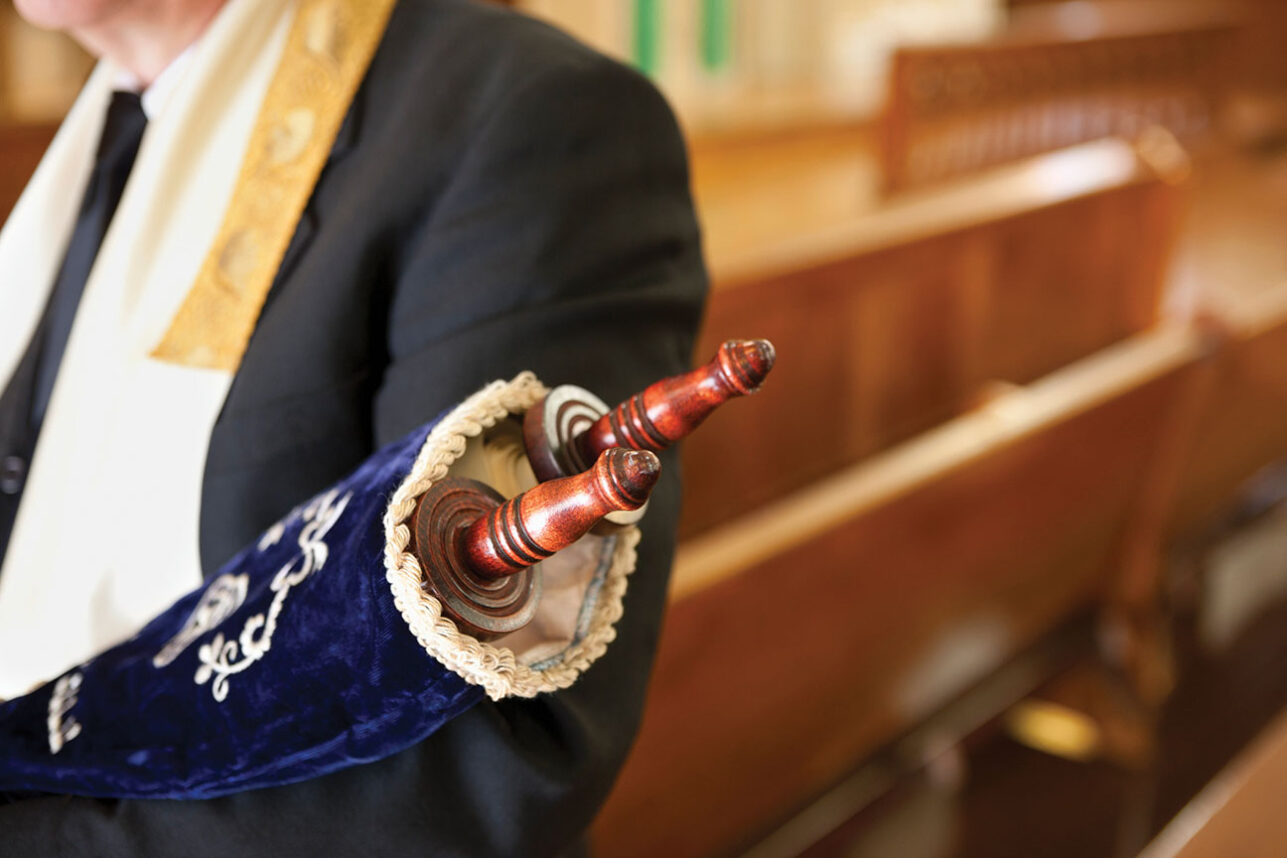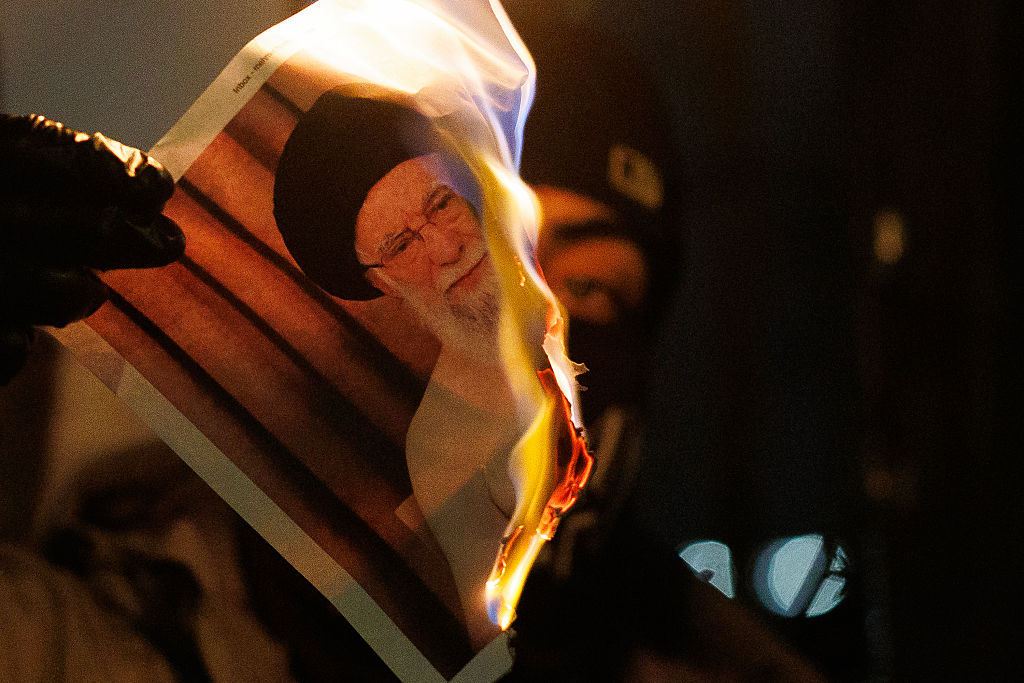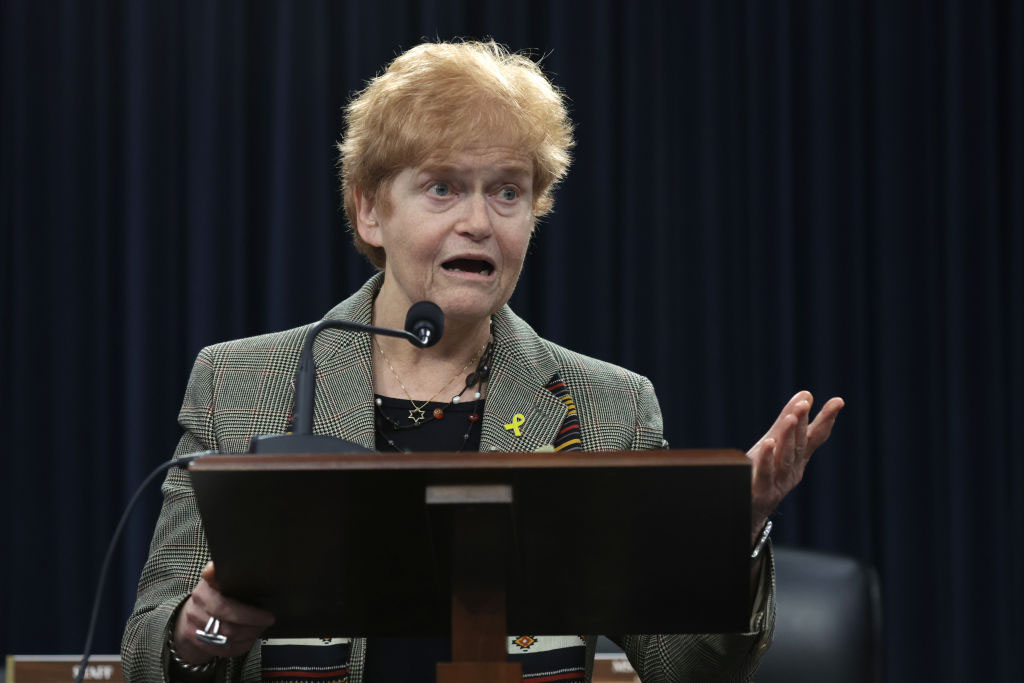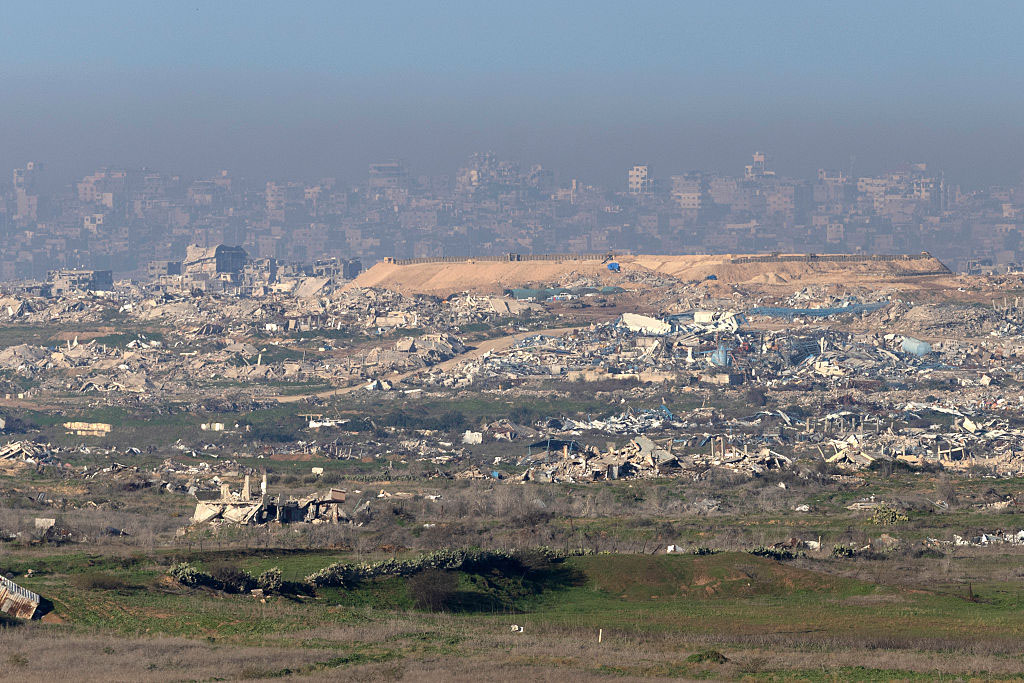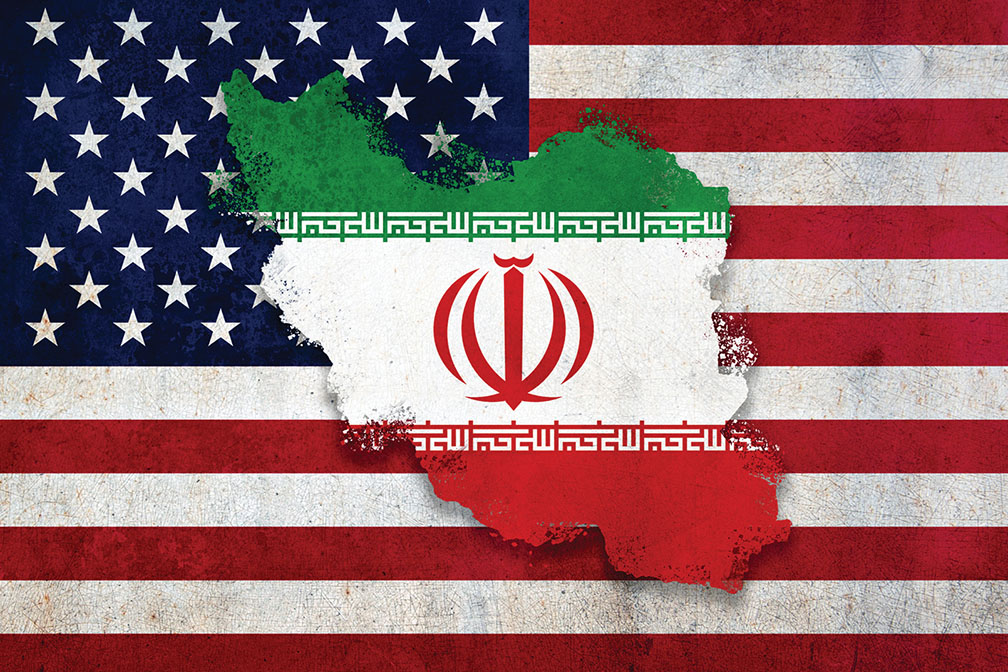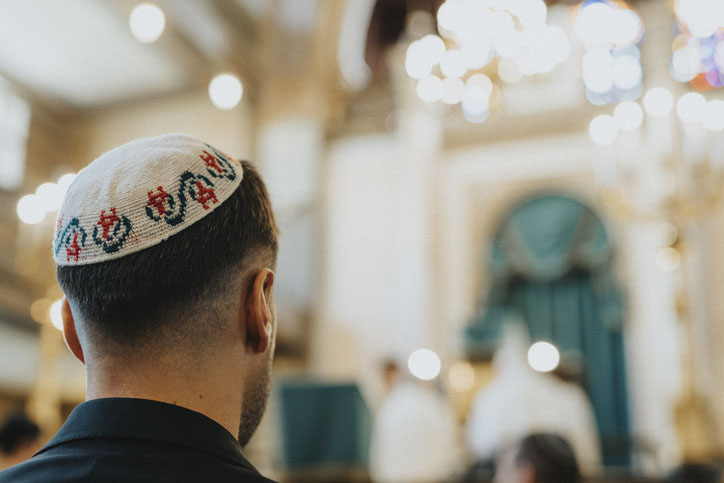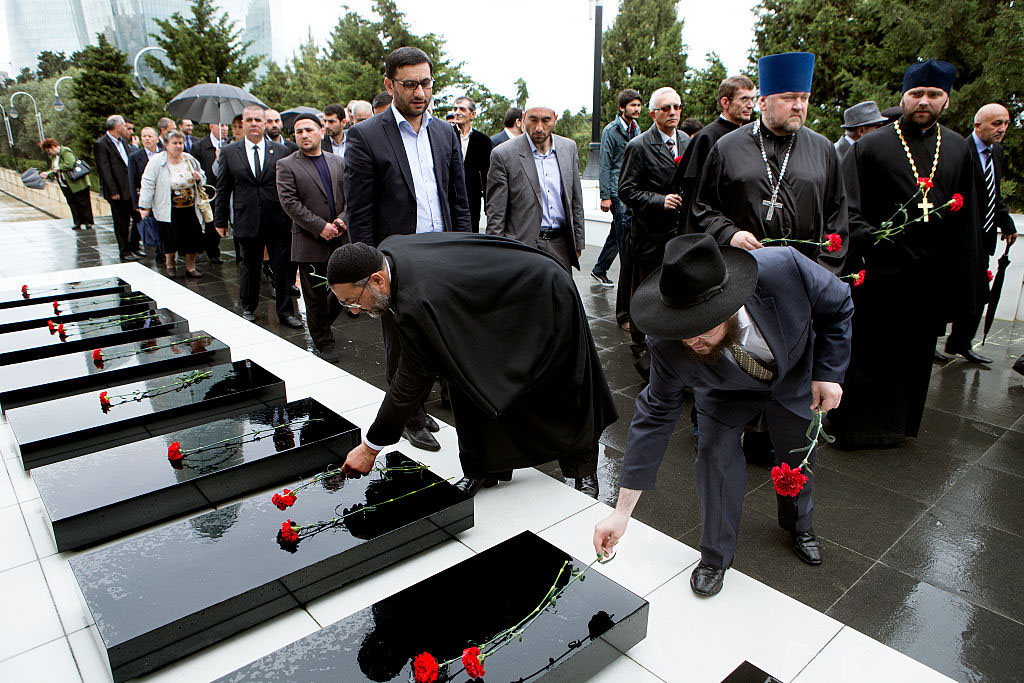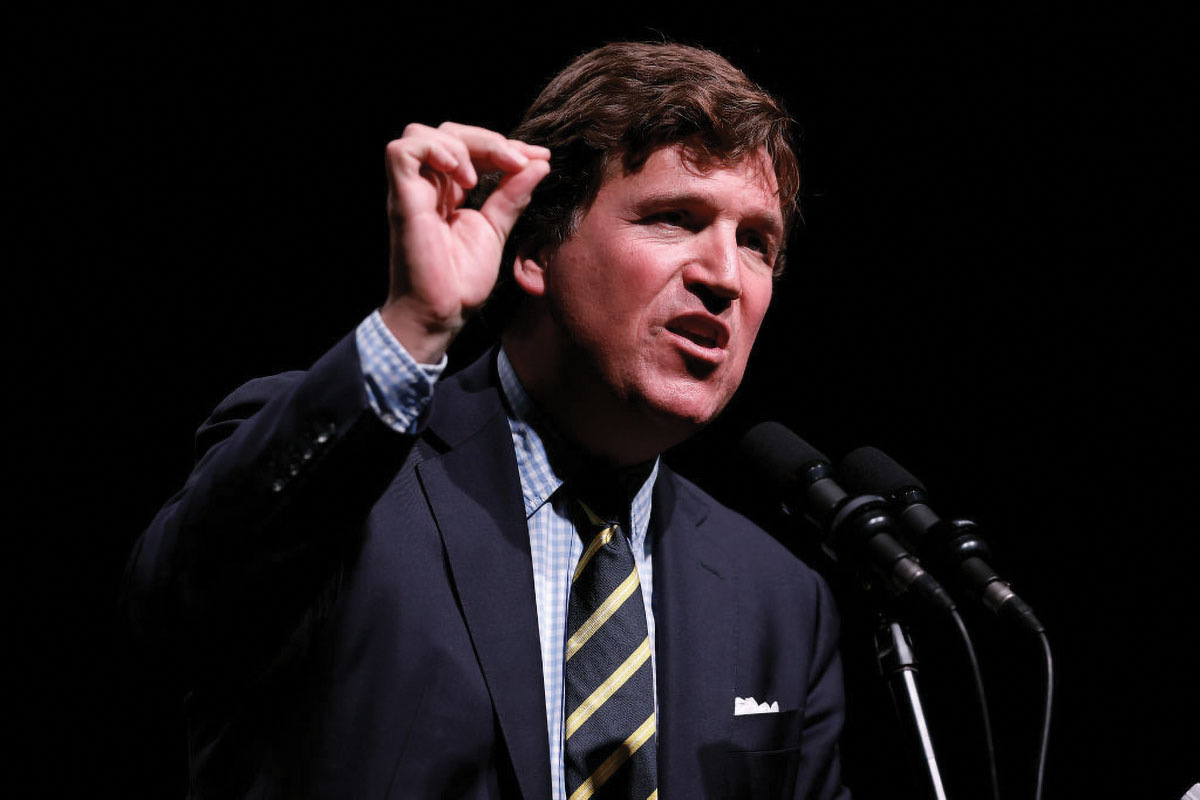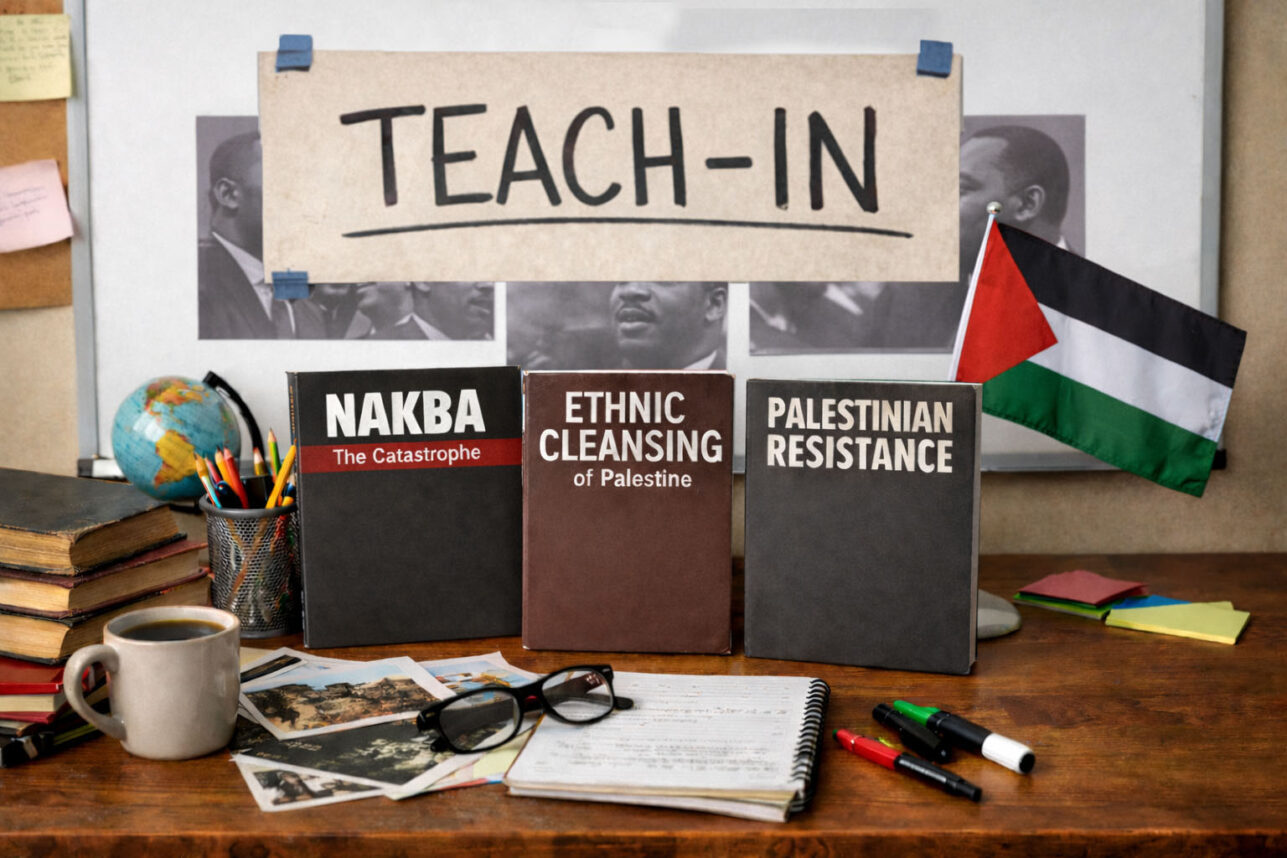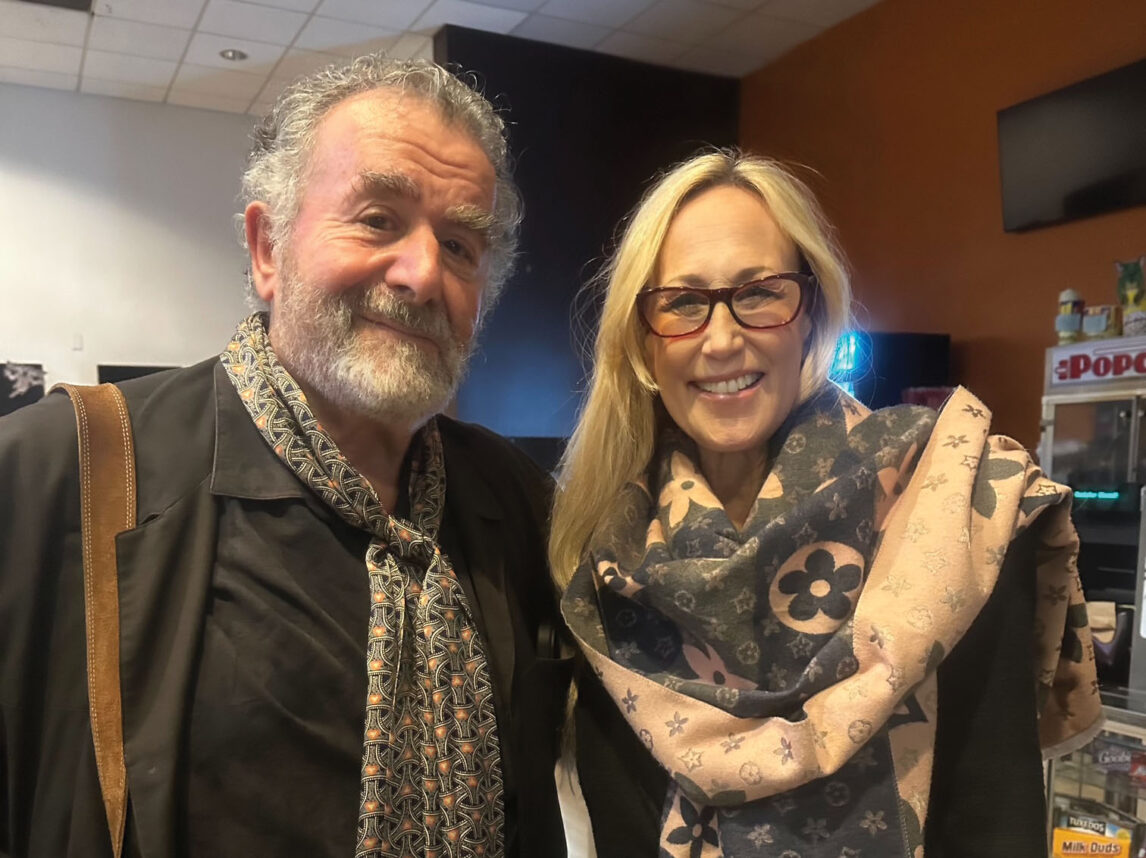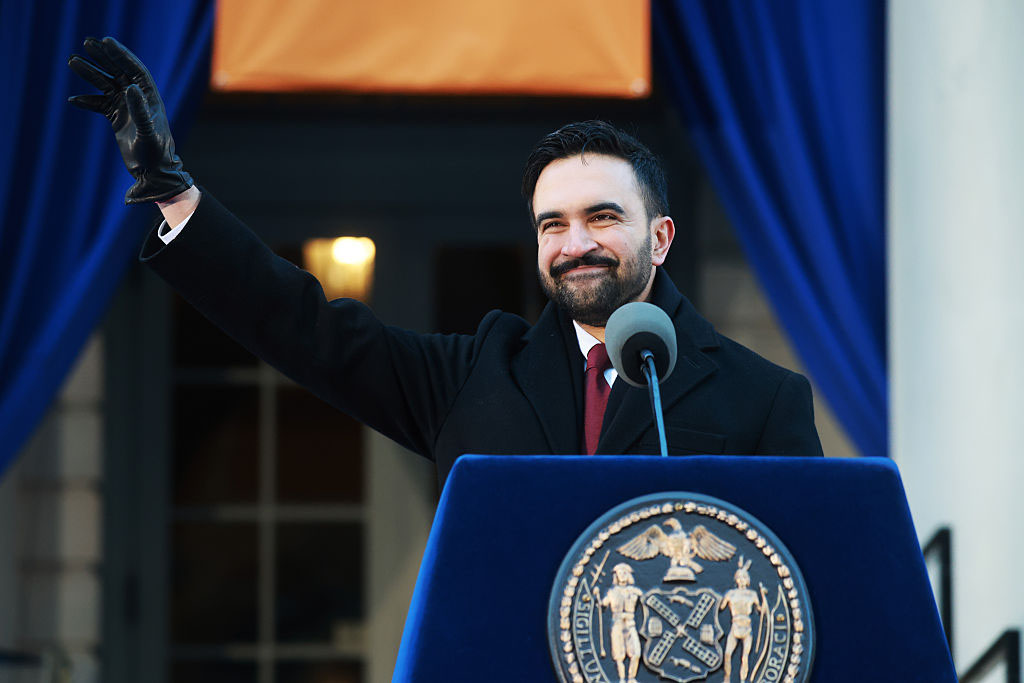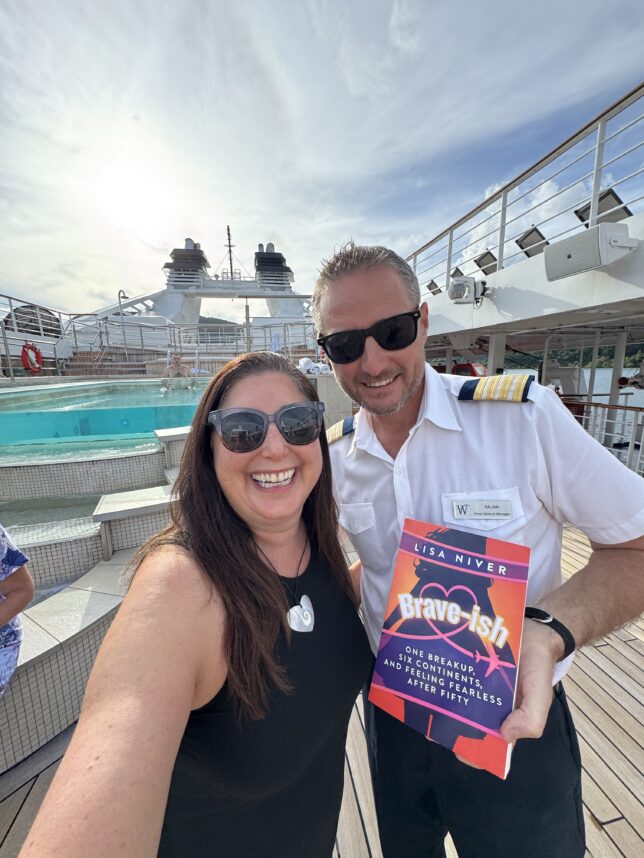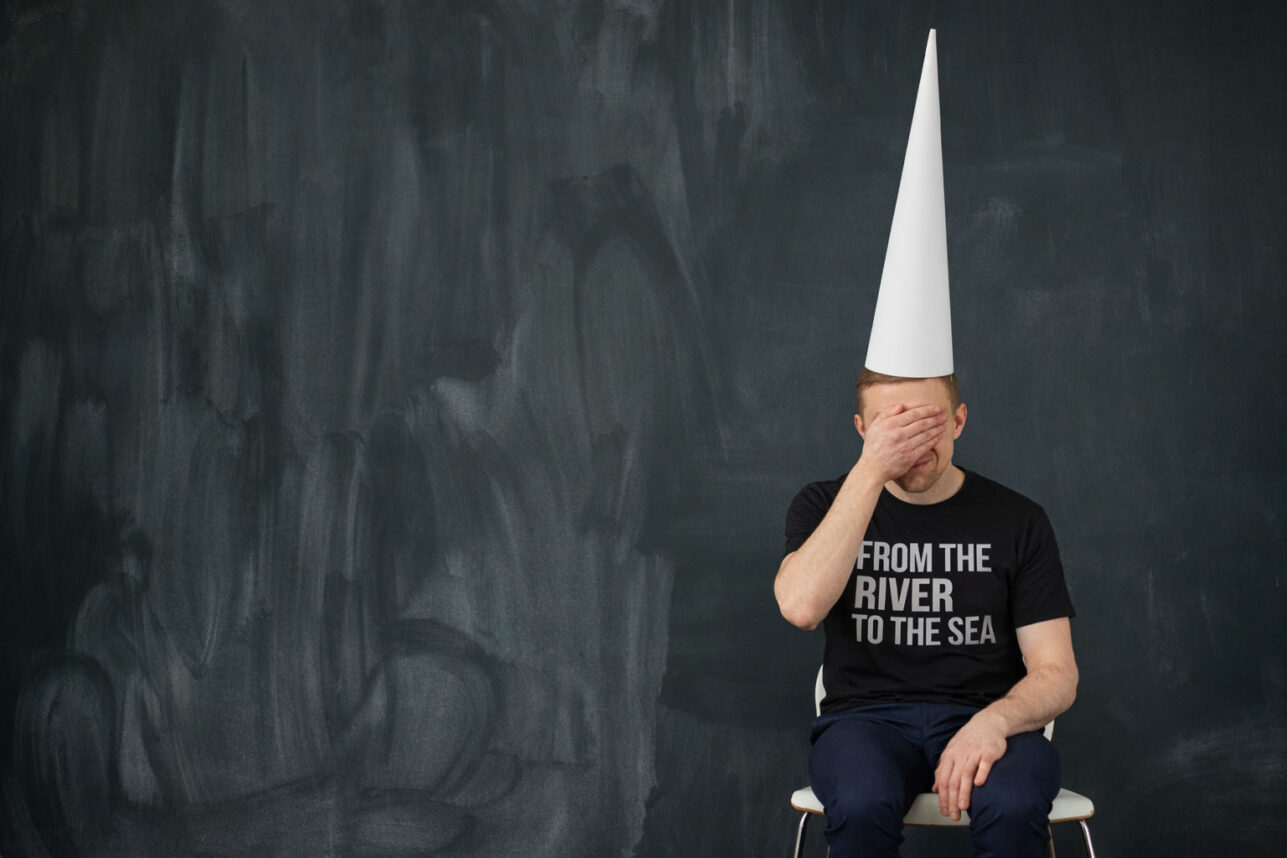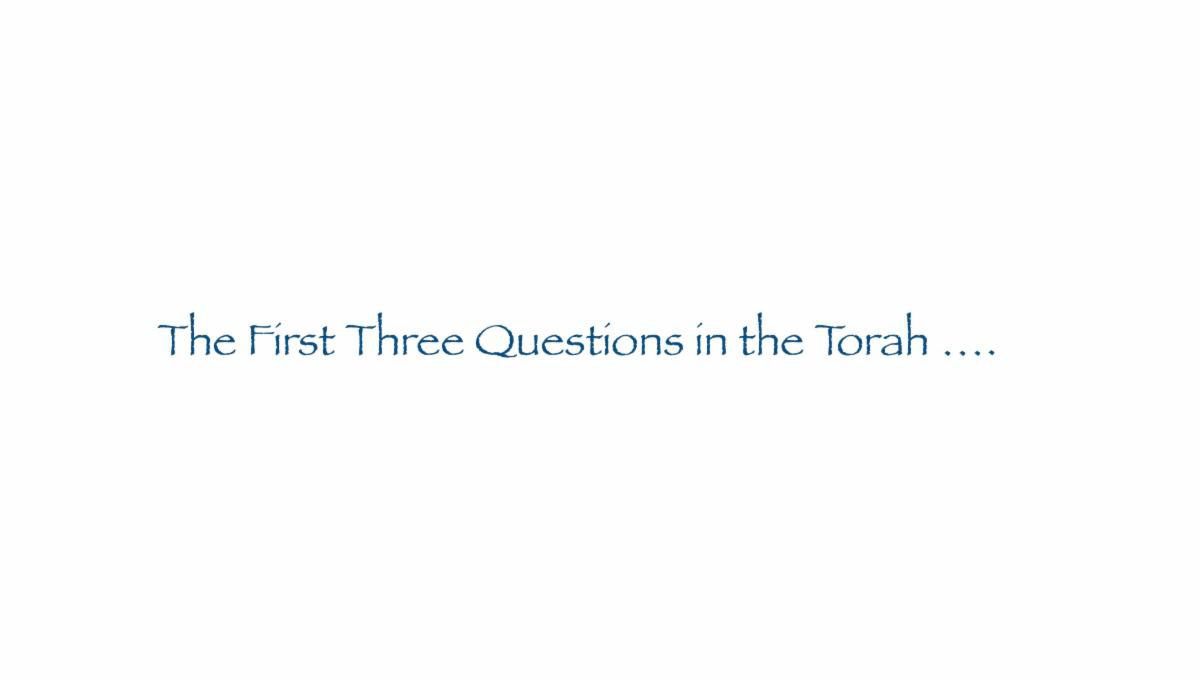
Bernard-Henri Lévy, the world-renowned author, philosopher, political activist and speaker, also is a filmmaker with a unique specialty. He makes cinema verité documentaries from the front lines of the world’s most dangerous conflict zones, depicting war in all its brutality to highlight the plight of the oppressed.
“Bosna!” (1994) focuses on the Balkan wars; “The Oath of Tobruk” (2102) is about the fall of Muammar Gaddafi; and “Peshmerga” (2016) and “The Battle of Mosul” (2017) follow the Kurds’ war against ISIS and their fight for independence.
On Jan. 17, the Paris-based Lévy appeared at the Nuart Theatre in West Los Angeles to introduce and discuss his two most recent films (“Bosna!” and “Tobruk” played the following day). He shared his experiences and insights in a post-screening Q&A session.
“Peshmerga,” which means “those who stand in the face of death,” are the aptly named Kurdish fighting force embroiled in ongoing conflict with Jihadi fundamentalists over Kurdish land in Iraq, Iran, Turkey and Syria. In 2015, Lévy spent five months embedded with the Peshmerga, capturing raw and bloody footage. “How ugly and dirty and foul war is,” he says in his narration, underscoring the horror of what we have seen.
Lévy talked about one of the film’s most shocking incidents involving a young Kurdish general who was killed by a sniper’s bullet. “We had spent three days together and I felt that there was something true between us. He said that it was more important that his men were protected than himself. As we said goodbye, I said, ‘God bless you.’ I had this premonition, a sudden feeling that something terrible would happen.”
One of Lévy’s three cameramen, a Kurd named Ala Tayyeb, was nearly killed, escaping with a serious shoulder injury. The filmmaker explained that the documentary’s insurance costs were so prohibitive that it would not have been possible unless he bore the brunt of the cost. “I decided not to be insured myself and offered my private insurance to my team, which was a good call, [considering] Tayyeb was wounded,” he said. “I did it with my heart because he took the risk for me and this movie.”
He noted that Tayyeb was angry when he found out Lévy was going to make “The Battle of Mosul” without him, and demanded to be on the crew. “He said, ‘I still have my left shoulder.’ He shot some of it with a GoPro.”
Lévy, a seasoned war correspondent who began his career in the 1970s covering the conflict between Bangladesh and Pakistan, recalled the battle in “Mosul” where the Peshmerga were awaiting promised American air support that never came. “It was one of the worst experiences of my life being stuck there in the middle of nowhere with no communication, just the guy on a walkie-talkie asking for air support,” he said. There were many Kurdish casualties as a result.
“The movies I did, each of the four times I had the feeling that if I did not do it, nobody else would do it, and I had the means to do it.” — Bernard-Henri Lévy
Not surprisingly, he had something to say about the withdrawal of U.S. troops from the region and cessation of President Donald Trump’ administration’s support for the Kurds.
“The behavior of Trump, the betrayal of the Kurds, is inconceivable to someone like me who loves America,” Lévy said. “We French know we would not have been born without young American soldiers arriving on the beach in Normandy. To have the same country betray its own creed and decide to have the blood of its friends on its hands is a source of great sadness, but not despair because I hope this will be repaired.”
Now 71, Lévy hopes that he lives to see an independent Kurdistan. “Iraq has all the attributes of a collapsed, failed state. Kurdistan is not a state but it has all the characteristics of a state,” he said. “The Kurds who deserve it so much and already fulfill all of the requirements don’t get to have it. It’s so unfair.”
The author of “The Genius of Judaism” (2016) also discussed being a Jew working in an environment traditionally hostile to the Tribe. “To be a Jew means to be part of a community and more importantly to address the rest of humanity, even those who don’t share your beliefs and want to destroy you,” Lévy said.
He related an incident while making “Tobruk” in which he met with al-Qaeda leaders. “I asked, ‘Do you know that I’m a Jew?’ They laughed and said, ‘Of course we know. There’s a $6 million ransom on your head.’ If I hadn’t been their host, they probably would have killed me.”
When Levy explained that he was there because he believed that people had the right to embrace democracy, he “saw a change in their eyes, that a French Jew was extending a hand to all the enemies of the dictators in the world [without ulterior motive]. It was a real achievement for me,” he said.
Asked if he’s working on something new, Lévy replied that he never plans his films. “I have a lot of other things to do — books to write, drawings to collect, a family that I love. The movies I did, each of the four times I had the feeling that if I did not do it, nobody else would do it, and I had the means to do it. Maybe in a few months I will be back on duty,” he said. “You never know.”








